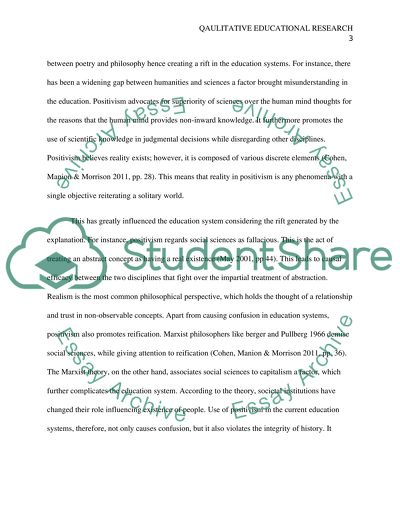Cite this document
(“Qualitative Educational Research in Theory and Practice Essay”, n.d.)
Retrieved from https://studentshare.org/education/1476963-qualitative-educational-research-in-theory-and
Retrieved from https://studentshare.org/education/1476963-qualitative-educational-research-in-theory-and
(Qualitative Educational Research in Theory and Practice Essay)
https://studentshare.org/education/1476963-qualitative-educational-research-in-theory-and.
https://studentshare.org/education/1476963-qualitative-educational-research-in-theory-and.
“Qualitative Educational Research in Theory and Practice Essay”, n.d. https://studentshare.org/education/1476963-qualitative-educational-research-in-theory-and.


